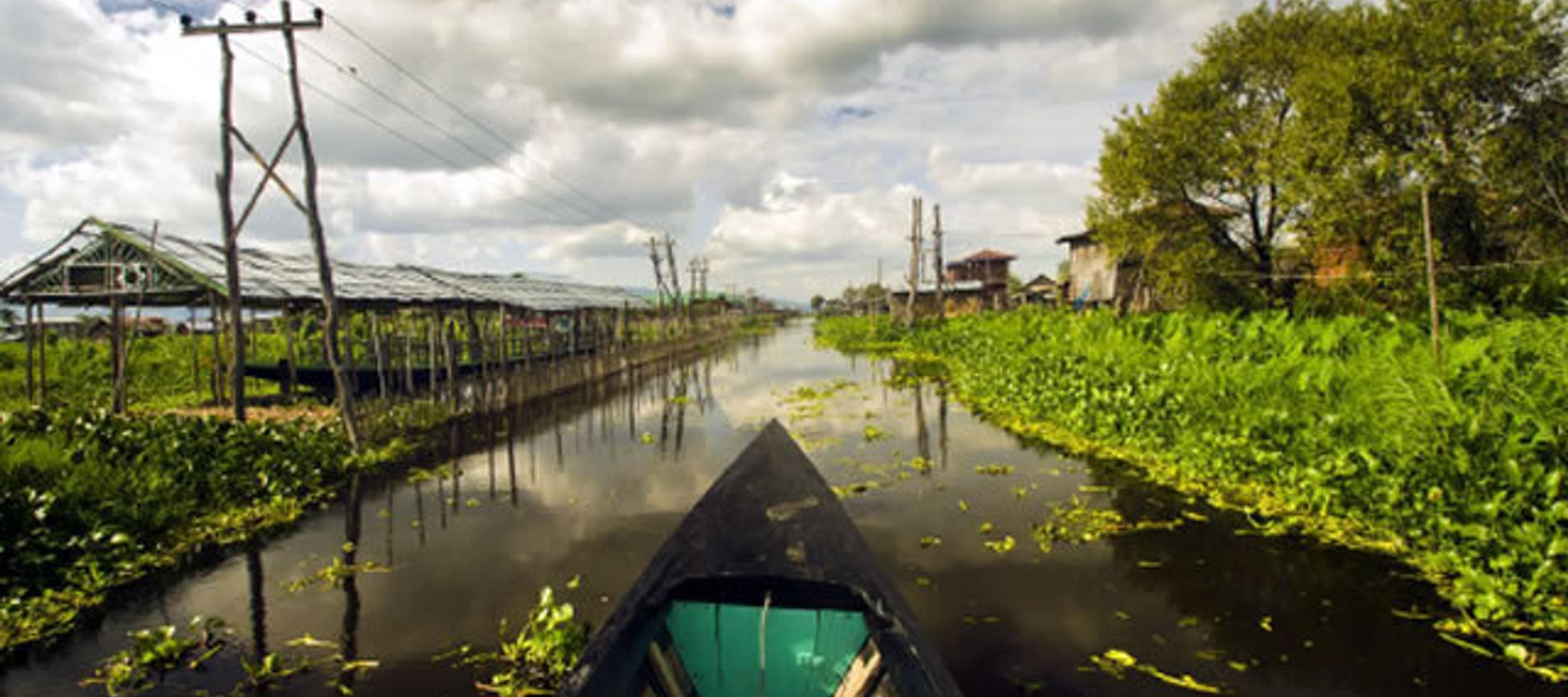Sector-Wide Impact Assessment of the Tourism Sector in Myanmar
20 February 2015

The Myanmar Tourism Sector-Wide Impact Assessment (SWIA), led by the Danish Institute for Human Rights in partnership with the Myanmar Centre for Responsible Business and IHRB, is intended to support responsible business practices in this growing sector of Myanmar’s economy.
The Tourism SWIA highlights a number of actual and potential impacts of tourism development. Some of Myanmar’s flagship sites such as Bagan, Inle and Kyaiktiyo, are already under environmental and social pressure from the effects of tourism, which is affecting the livelihoods of local inhabitants and long-term viability of these places as tourism destinations. The SWIA makes recommendations to government, businesses, civil society groups, tourists and other stakeholders intended to increase positive impacts and reduce negative impacts.
Myanmar already has in place a number of government policies to encourage responsible tourism. However, a lack of capacity and resources means that implementation of these policies is incomplete.
"At the moment, there's too much focus on hard infrastructure and in particular, hotel construction. Myanmar needs to rein in the rush to create so-called "hotel zones", where land is compulsorily acquired for multiple hotels, often on environmentally sensitive sites. Our field research repeatedly showed that many of the negative impacts we found were associated with hotel zones. What is needed - as the government's own Master Plan identified - is participatory destination management and a "zonal planning" approach, which is not the same thing as establishing a "hotel zone".”
- Vicky Bowman, Director of the Myanmar Centre for Responsible Business
The assessment also found that local communities were still not sufficiently engaged in decisions on tourism development.
"Engagement, consultation and participation of stakeholders should form the basis of tourism development projects from the very start. This is particularly important in ethnic minority and post-conflict areas where tourism business should take the time to understand the conflict and communal dynamics, and how local people would like to see the destination opened to tourists and benefits shared.”
- Alan Jorgensen, Danish Institute for Human Rights
The SWIA highlights the significant job creation and poverty alleviation potential of tourism. It also highlights potential threats, drawing on experiences from the region such as Cambodia and Thailand. For example, children are vulnerable to the impacts of tourism through phenomena such as ‘orphanage tourism’ and some types of ‘voluntourism’. On this, and other issues, the SWIA identifies relevant international standards and initiatives, and highlights relevant good practices both in Myanmar and other countries.
"I know from 25 years of travelling in Myanmar that it has so many ecological and cultural assets, both tangible and intangible. Myanmar people have told us they attach a high priority to protecting this environmental and cultural wealth. The country is lucky to still have choices. It can, of course, try to compete with Bali and Thailand to attract mass tourism. But if it does, it risks destroying the things that make its destinations different. Alternatively, Myanmar can harness tourism in support of the protection of its diverse cultures and ecosystems. Those choices need to be made on the basis of participatory discussions at the local and national level."
- Vicky Bowman, Director of the Myanmar Centre for Responsible Business




